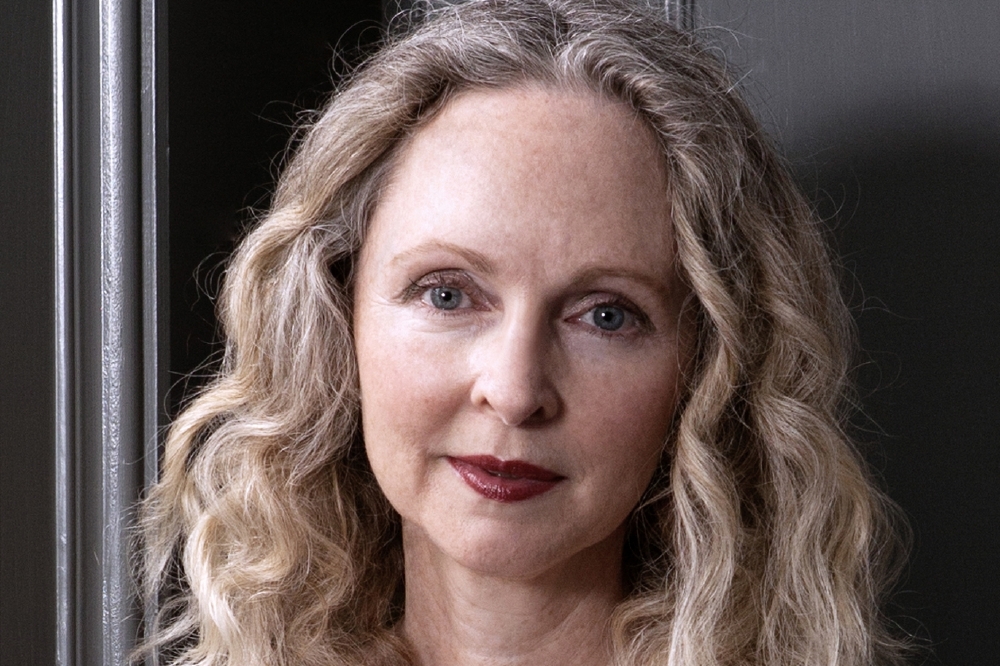When We Were Silent, my debut novel, is a dark academia thriller set in a private convent school in 1980s Dublin. Lou Manson is an outsider in the throes of grief and rage when she joins Highfield Manor, a private convent school. Beyond the granite pillars and the wrought-iron gates is a world of wealth, privilege and potential – and the abuse Lou has come to expose. But the deeper Lou digs, the more she discovers that the Highfield elite will go to any lengths to protect their own reputation, even when the consequences are fatal.

Fiona McPhillips
Thirty years later, Lou has rebuilt her life after the harrowing events of the so-called “Highfield Affair” when she is called to testify in a new lawsuit against the school. But telling the truth means confronting her own complicity and there is one story she swore she’d never tell.
When We Were Silent tackles the issues around sexual abuse – naming it and standing up to it, listening to women and girls, speaking out and calling it out. But it’s rarely that simple.
It’s not as straightforward as just being brave enough to speak. It’s exhausting to relive trauma, to choose the right words, to present as a worthy victim. Speaking out is often wielded as the weapon that will destroy abusers, as if men will crumble when their dirty deeds are exposed. As if speech alone will protect the speaker.
It’s simply not enough to place the burden on victims to tell their stories without putting in place structures that will allow them to speak without penalty. What we have now is a system that questions everything women say, that demands they prove themselves and that gives agency to men’s anger against them.
There is also a hierarchy of who we are more likely to believe. The elements of class, from money to status to accent and appearance, bestow credibility and without them, women are too often accused of making up stories of sexual abuse for fame and money. In When We Were Silent, Lou’s working-class background is used to discredit her over and over again while a blind eye is often turned to the behaviour of her wealthy peers. The character Shauna’s elite position at the school lifts her perceived worth above that of her peers so that any lapses in “morality” are excused and even ignored by Highfield, while Lou is hit with the full force of the establishment.
However, sometimes it is those with the most to lose who are least likely to speak. Lou has nothing to lose at 17 but everything at 49. As a professional adult, she has more status than she could have imagined as a teen. But the power that comes with that is a double-edged sword as she can lose it all if she challenges the status quo that supports it.
Similarly, Lou’s peers at Highfield have their swimming careers on the line so despite their wealth and privilege, they are afraid to speak. Just because they have one type of power, it doesn’t make them immune to other forms of it.
In When We Were Silent, the absolute power that teacher McQueen wields (as a respected, successful white man with the full backing of the establishment) is something that MeToo tackled and has been diluted in recent years both by legislation and a change in attitudes. But power is rarely absolute and it takes a long time to understand the different layers of it, and most teenagers aren’t fully alert to the subtleties at play. Especially not the all-encompassing and often internalised power of social norms and expectation.
It takes the power of solidarity for women to be believed. But we need more than that. Solidarity and support has to come from all sides. It’s not women versus men or rich versus poor. It doesn’t matter what the victim was wearing, how much she had to drink, whether or not she was in a relationship with her abuser, how many sexual partners she’s had. Social change does not happen on its own. We need to legislate for this.
In Ireland, if the accused believes, however mistakenly, that a woman consented to sex, he can use this as a defence. This is not good enough. There have been recent proposals to change this so that the belief would have to be one that a reasonable person would hold. There are also suggested changes to the way in which character references are given. This is also welcome. The idea that a man’s right to his good name outweighs his victim’s right to justice is still a pervasive one and is possibly the biggest obstacle to giving women a voice. Only 3% of rape allegations are false. Good men do bad things and it’s time to shift the focus from the victim to the perpetrator.
When We Were Silent is an exploration of power, corruption and retribution but it is also a love letter to all the women who have fought so hard for change and continue to do so in a country still coming to terms with its dark and abusive past.

When We Were Silent by Fiona McPhillips is published by Bantam (£16.99)

